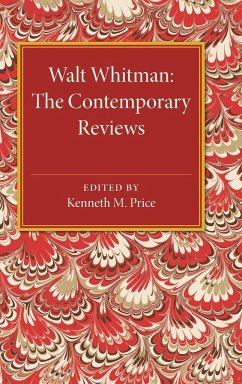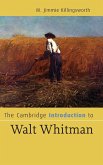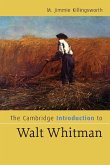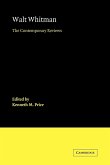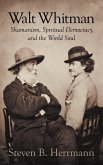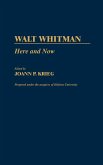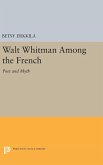The American Critical Archives is a series of reference books that provide representative selections of contemporary reviews of the main works of major American authors. Specifically, each volume contains both full reviews and excerpts from reviews that appeared in newspapers and weekly and monthly periodicals, generally within a few months of the publication of the work concerned. There is an introductory historical overview by the volume editor, as well as checklists of additional reviews located but not quoted. This volume, a significant contribution to the reception history of Leaves of Grass, Specimen Days, and other works, reproduces the full range of the contemporary reviews of Whitman's books. Brash and iconoclastic, revered and reviled at various times, Whitman - because of his bold literary experiments and frank treatment of sexuality - was accorded an astonishing array of commentary, ranging from sympathy with his "hearty wholesomeness" to hostility toward poems that were a "mass of stupid filth". Reviews by Rufus Griswold, Fanny Fern, John Burroughs, William Dean Howells, Henry James, Hamlin Garland, Oscar Wilde, and (writing anonymously) Whitman himself, as well as a host of lesser-known writers, clarify much about both the poet and nineteenth-century American culture and its tastes and preoccupations, its myopia and acuity. These reviewers, the first to frame the issues for critical debate about Whitman, shaped his long-term reputation.

